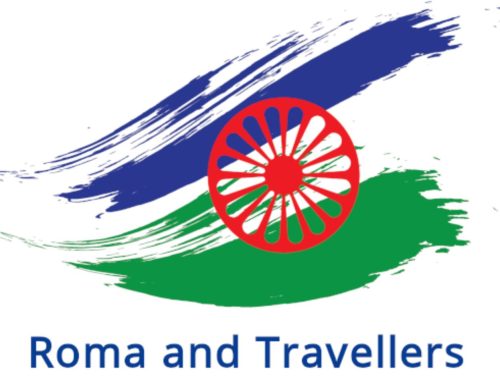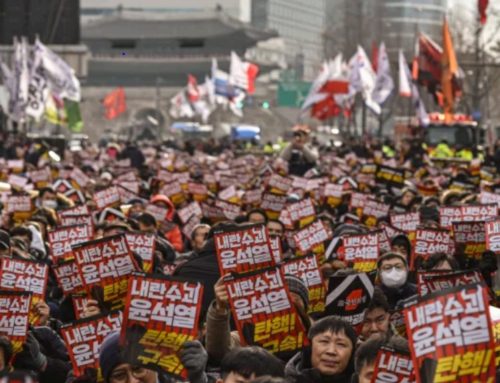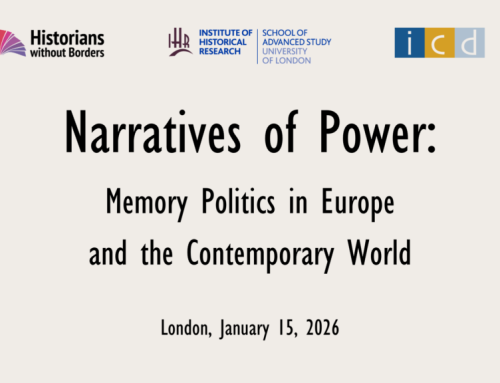This review was written by Lidija Zupanic Suica, teacher and director of Education for the 21st Century in Serbia.
The recently published collection of papers Eugenics, Public Health Policies, Nationalism, and Populism in Southeastern Europe (2025), produced within the Faculty of Philosophy at the University of Belgrade and supported by the Ministry of Science, Technological Development, and Innovation of the Republic of Serbia, offers a valuable contribution to understanding the intricate relationships between history, politics, and public health. Through a scientific and interdisciplinary approach, this volume explores a broad spectrum of issues, with a particular focus on the historical and contemporary challenges posed by eugenics, public health policies, and their societal impact.
Education for the 21st Century actively contributed to the research and writing of this volume, playing a significant role in the research process. Their work not only deepens the understanding of the topics explored but also highlights key EuroClio projects focused on history education, democracy, and cultural heritage.
The volume begins with an introduction by Professor Marius Turda from the Medical Centre at Oxford Brookes University, who highlights key moments in the development of eugenics and its institutionalization, both in medicine and in a broader societal context. Professor Turda analyzes the historical roots of eugenics, focusing on how this ideology became a central element in shaping public health policies often influenced by racial, ethnic, and political ideas.
Eugenics was not only a medical framework but also a political tool aimed at the “improvement” of the human race through the regulation of reproduction, selective sterilization, and controlling migration. Professor Turda’s work examines how these ideas became part of state policies, not just in the context of public health but also within a broader societal and political framework.
The article “Why is it important to learn about eugenics and its historical implications in history lessons?” provides valuable historical and scientific insights while emphasizing the significance of an interdisciplinary approach in education. It aligns with EuroClio’s Manifesto on High-Quality History, Heritage, and Citizenship Education, which underscores the importance of addressing sensitive and controversial topics responsibly, recognizing diverse perspectives on the past, and fostering critical thinking and independent learning.
For younger generations, understanding the historical contexts of eugenics and its consequences becomes crucial for developing critical thinking about health, politics, and social norms. The paper seeks to answer the question of whether it is important to teach about eugenics in history lessons and the various social manifestations and deviations that could be connected to its legacy. Historical phenomena such as racial, intellectual, ethnic, and cultural discrimination, segregation, human rights violations, and ultimately genocide and the Holocaust that occurred in the 20th century were at least indirectly connected to the legacy of eugenics. The questioning of sensitive history, along with the challenge to historical legacies and memorialization of colonial, racist, or slave-owning pasts, has become a global phenomenon that was openly expressed through demands for the removal of monuments dedicated to controversial figures from public spaces. The research initiative and platform Contested Histories, from which the educational project Monument(al) Challenges emerged, represents one of the ways in which these topics, including the legacy of eugenics, can be channeled into teaching. The paper presents examples of the presence of eugenics markers in cultural-historical heritage, as well as in fundamental European documents such as the European Convention on Human Rights. Identifying anachronisms that are incompatible with the modern values of democratic societies has led to efforts to revise and modernize language and concepts to align with respect for human rights. The educational concept of the Competence Framework for Democratic Culture (2016), which is also applied in the Republic of Serbia, represents one way to enhance the democratic capacity of students through the educational process. The model of competencies for democratic culture is adapted to history teaching through the Principles and Guidelines for Quality History Teaching in the 21st Century, a document that largely directs various target groups in education towards building democratic competencies. The guidelines open the space in history teaching for confronting difficult, sensitive pasts, including various types of discrimination and human rights violations. Existing history teaching and learning programs in the Republic of Serbia partially align with these guidelines and, due to their open structure, leave room for confronting history and the various legacies of eugenics.













